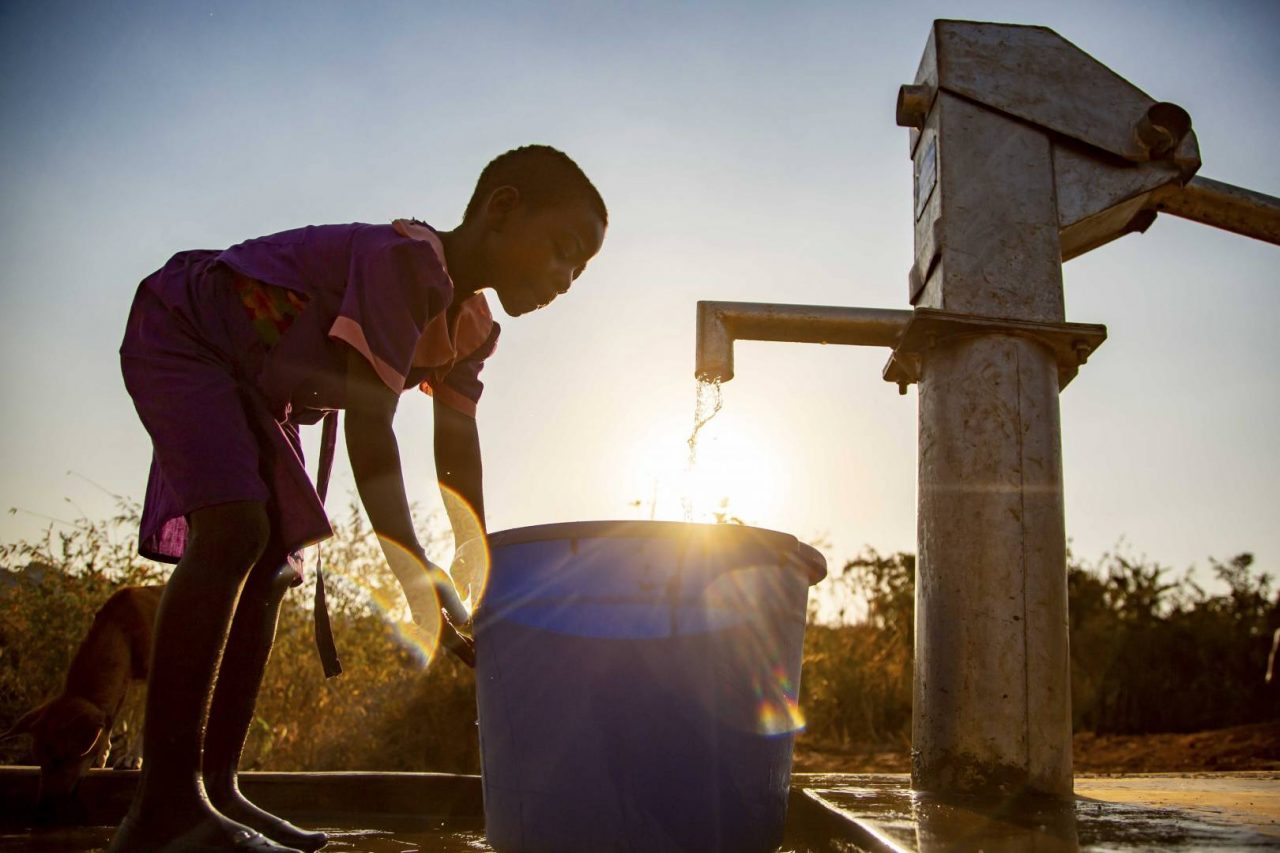World Vision Announces Winner of Innovation Challenge to Provide Improved Water Quality Monitoring in Africa
Media Contact :
February 1, 2022
Senior Public Relations Manager
[email protected]
m 404-735-0871
Media Contact :
February 1, 2022
Senior Public Relations Manager
[email protected]
m 404-735-0871

SEATTLE (January 31, 2022) — Using a crowdsourcing platform, Christian humanitarian organization World Vision has awarded $20,000 for an innovative solution to improve water quality monitoring in Africa.
The introduction of chlorination as a method to disinfect and safeguard the public drinking water supply represents one of the most valuable public health advances in recorded history. Despite the well-documented public health benefits, however, the use of chlorination in rural water supply systems in sub-Saharan Africa remains low.
One factor limiting its use is the ability to easily monitor free chlorine residual (FCR) levels at multiple points within the water distribution system. While proprietary technologies have been developed to automate the measurement process, they remain expensive and therefore impractical for smaller-scale, rural systems.
“As the leading non-governmental supplier of clean water in the developing world, World Vision is constantly seeking improved methods to monitor water quality,” explains Keith Kall, senior executive director at World Vision. “We decided to launch a crowdsourcing challenge to help us find the best solutions from experts around the world.”
With the support of Harry Sangree, President/CEO of SeaFreight Labs, World Vision turned to crowdsourcing platform InnoCentive to seek low-cost, easily maintainable technologies and/or devices to monitor free chlorine residual in piped water distribution systems located in rural areas of sub-Saharan Africa. Specifically, the challenge sought new solutions that can be deployed for under $500, a more than 80% reduction from currently available offerings.
Solvers from around the world submitted scores of possible solutions. After an intensive judging process, the winning solver is Emil Valchinov, a citizen of Bulgaria currently living in Greece. He was awarded $20,000 for a fully automated system that uses sensors to monitor free chlorine residual levels and has a bill of materials cost at scale of less than $400.
“It’s difficult to achieve large-scale reductions in cost both in house and by using consultants,” said Harry Sangree, President and Founder of SeaFreight Labs. “I’m so excited that by using open innovation and crowd-solving, World Vision has found a fully functional yet affordable solution to help with their crucially important work of providing clean water in the developing world.”
In addition to the winning solver, World Vision also thanks the DAI Maker Lab and charity: water for participating in the final evaluation.
About World Vision:
World Vision is a Christian humanitarian organization conducting relief, development, and advocacy activities in its work with children, families, and their communities in nearly 100 countries to help them reach their full potential by tackling the causes of poverty and injustice. World Vision serves all people regardless of religion, race, ethnicity, or gender. For more information, please visit www.WorldVision.org/media-center/ or on Twitter @WorldVisionUSA.